Introduction
If you’re looking to streamline your financial operations and ensure accurate revenue tracking, the HubSpot Revenue Accounting Manager might be the solution you need. This powerful tool is designed to automate and simplify the revenue recognition process, making it easier for businesses to stay compliant, reduce errors, and gain valuable insights. In this blog post, we’ll explore the key features, benefits, and setup process of the HubSpot Revenue Accounting Manager, and why it’s essential for businesses that rely on recurring revenue models.

Table of Contents
What is the HubSpot Revenue Accounting Manager?
The HubSpot Revenue Accounting Manager is a tool within the HubSpot Operations Hub that helps companies manage and track their revenue accurately. It is designed to automate the process of calculating, recognizing, and reporting revenue in accordance with GAAP (Generally Accepted Accounting Principles) and IFRS (International Financial Reporting Standards). This tool is particularly beneficial for businesses that rely on subscription-based models or recurring revenue streams.
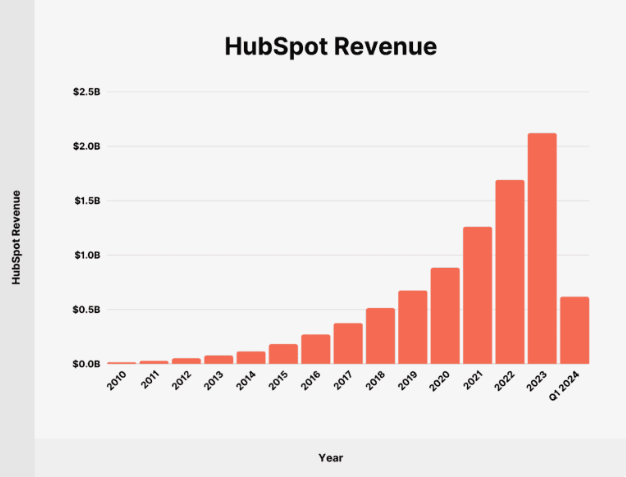
With a growing emphasis on compliance and transparency in financial reporting, HubSpot’s revenue accounting features ensure that organizations can stay on top of their revenue recognition processes and avoid the risks of non-compliance. This is especially critical for businesses that deal with complex financial transactions, such as SaaS companies, which frequently encounter challenges around revenue recognition.
Key Features of HubSpot Revenue Accounting Manager
Automated Revenue Recognition in HubSpot
One of the core functions of the HubSpot Revenue Accounting Manager is its ability to automate revenue recognition. Traditionally, recognizing revenue could be a time-consuming task that required manual intervention to allocate payments to the correct accounting periods. With the automated revenue recognition feature, HubSpot simplifies this by linking payments to the proper period, ensuring businesses can maintain consistent and accurate financial reporting.
For example, if a business receives a payment for a service rendered over a 12-month period, HubSpot will automatically spread the revenue across each month, adjusting for any changes in the agreement, such as discounts or additional services.
Real-Time Financial Insights with HubSpot Accounting Manager
HubSpot’s Revenue Accounting Manager provides businesses with real-time insights into their financial health. Users can access up-to-date revenue reports, track outstanding payments, and forecast future revenue based on current trends. This helps businesses make more informed decisions about their operations, investments, and resource allocation.
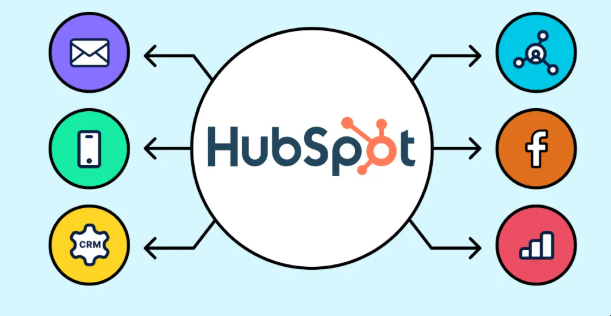
By providing an easy-to-read dashboard, HubSpot allows financial managers to quickly assess how well the company is performing and whether there are any discrepancies that need attention.
GAAP and IFRS Compliance in HubSpot Accounting
For businesses operating in multiple regions, adhering to international accounting standards is a must. The HubSpot Revenue Accounting Manager ensures that companies remain compliant with GAAP and IFRS by automating the necessary processes for accurate revenue recognition. This compliance reduces the risk of audit issues and helps companies stay aligned with legal requirements.
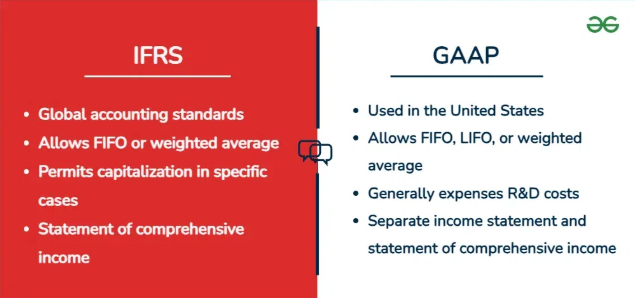
HubSpot provides templates and features to ensure that all revenue transactions meet the necessary standards, saving businesses time and effort in manual reporting. This is especially critical for businesses that may not have a dedicated accounting team or resources to manage the complexities of global accounting regulations.
Benefits of Using HubSpot Revenue Accounting Manager for Your Business
Streamline Your Accounting Processes with HubSpot
The primary benefit of using HubSpot’s Revenue Accounting Manager is that it significantly streamlines your accounting operations. Instead of relying on separate systems or spreadsheets to manage various financial processes, this tool consolidates everything in one place, making it easier to track and manage your revenue streams. For businesses with multiple revenue sources or recurring billing models, this level of automation is essential.
HubSpot integrates seamlessly with other tools within the HubSpot ecosystem, such as the CRM (Customer Relationship Management), Sales Hub, and Marketing Hub. This allows businesses to have a unified view of both their financial and customer data, which improves decision-making and overall efficiency.
How HubSpot Helps Reduce Accounting Errors
Manual accounting processes are prone to human error. By automating revenue recognition and reporting, HubSpot minimizes the risk of mistakes that could lead to inaccurate financial statements or even compliance issues. This is particularly important when managing large volumes of transactions or when dealing with complex contract structures.
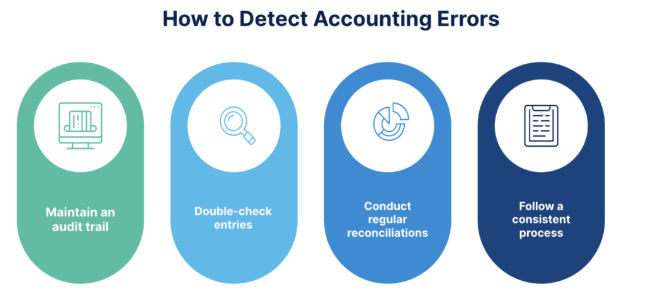
By automating the process, HubSpot ensures that the proper rules and regulations are followed, reducing the chances of revenue misreporting or discrepancies that could result in fines or penalties.
Save Time with HubSpot’s Revenue Accounting Automation
Revenue recognition is one of the most time-consuming tasks in accounting. With HubSpot, businesses can save countless hours by automating key processes and eliminating manual data entry. This frees up accounting teams to focus on more strategic tasks, such as analysis, forecasting, and improving financial operations.

HubSpot’s dashboards and reports allow you to track revenue trends over time and adjust your strategies based on the data. With this kind of insight, you can optimize your business processes and improve long-term profitability.
How to Set Up HubSpot Revenue Accounting Manager
Getting Started with HubSpot Operations Hub
To begin using the Revenue Accounting Manager, you first need to sign up for HubSpot’s Operations Hub. This hub provides businesses with tools to automate and streamline business operations, including accounting, invoicing, and reporting. Once you’ve subscribed to the Hub, you can integrate it with your existing financial tools or choose to use HubSpot as your primary accounting platform.
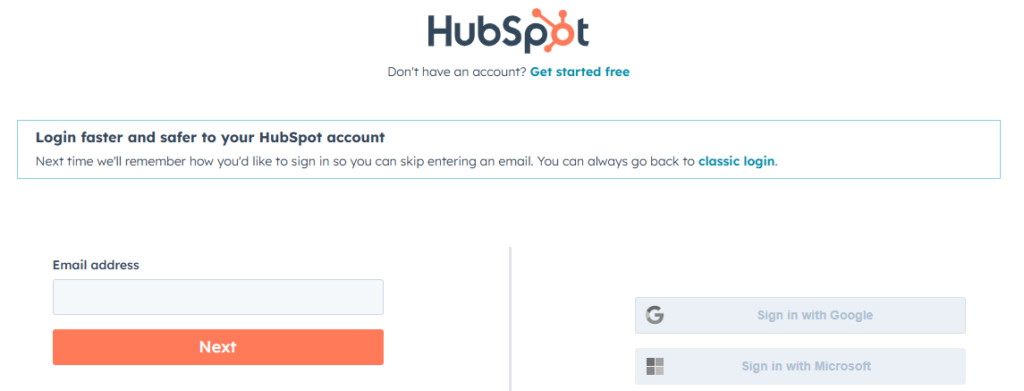
Set Up Revenue Recognition Rules in HubSpot
Once you’ve logged into HubSpot, you’ll need to set up your revenue recognition rules. This includes defining the period for which revenue will be recognized and specifying any conditions that affect how payments are allocated. HubSpot allows you to customize these rules based on your business needs, whether you’re running a subscription-based business or selling products/services with different payment terms.
Integrate Payment Systems with HubSpot
HubSpot Revenue Accounting Manager works best when integrated with your existing payment processing systems. This includes platforms such as Stripe, PayPal, and others. By syncing your payment systems with HubSpot, the tool can automatically pull in payment data, allocate revenue, and recognize payments based on the predefined rules.
Monitor and Generate Revenue Reports in HubSpot
Finally, once everything is set up, you can start using HubSpot’s reporting tools to monitor your revenue streams. The software provides customizable reports, so you can track revenue by product, customer, or time period. This level of insight is invaluable for making data-driven decisions that will help grow your business.
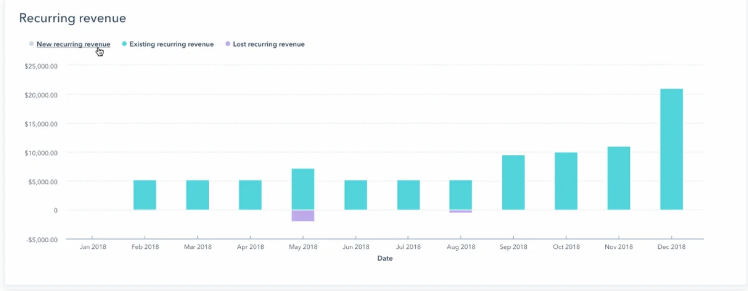
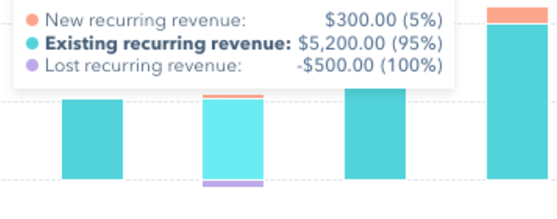
Conclusion: Why HubSpot Revenue Accounting Manager is Essential for Your Business
The HubSpot Revenue Accounting Manager is a powerful tool designed to simplify and automate your revenue recognition processes, ensuring compliance, reducing errors, and saving valuable time. Whether you’re a small business or an established enterprise, this tool is ideal for companies with recurring revenue models or complex financial transactions. By integrating HubSpot’s accounting features, you can streamline your financial operations, improve accuracy, and gain deeper insights into your revenue streams.
If you’re looking to optimize your accounting processes and ensure smooth, compliant financial reporting, the HubSpot Revenue Accounting Manager is worth exploring. Learn more about its features and benefits here.
Additionally, discover how HubSpot’s other tools can support your business growth by visiting HubSpot’s full suite of products.
Frequently Asked Questions (FAQs)
Q: Is HubSpot Revenue Accounting Manager suitable for small businesses?
A: Yes, HubSpot Revenue Accounting Manager is flexible enough to support businesses of all sizes. It is particularly helpful for small businesses that are scaling up and need automation to manage complex revenue processes.
Q: Can I integrate HubSpot with my existing accounting software?
A: Yes, HubSpot allows integrations with various accounting software platforms, including QuickBooks, Xero, and others, making it easy to sync your financial data across systems.
Q: What types of businesses benefit the most from HubSpot Revenue Accounting Manager?
A: Businesses with subscription-based models, recurring billing, or complex contract structures will benefit the most from this tool. It’s especially valuable for SaaS companies, online service providers, and any organization that needs to manage multiple revenue streams efficiently.





